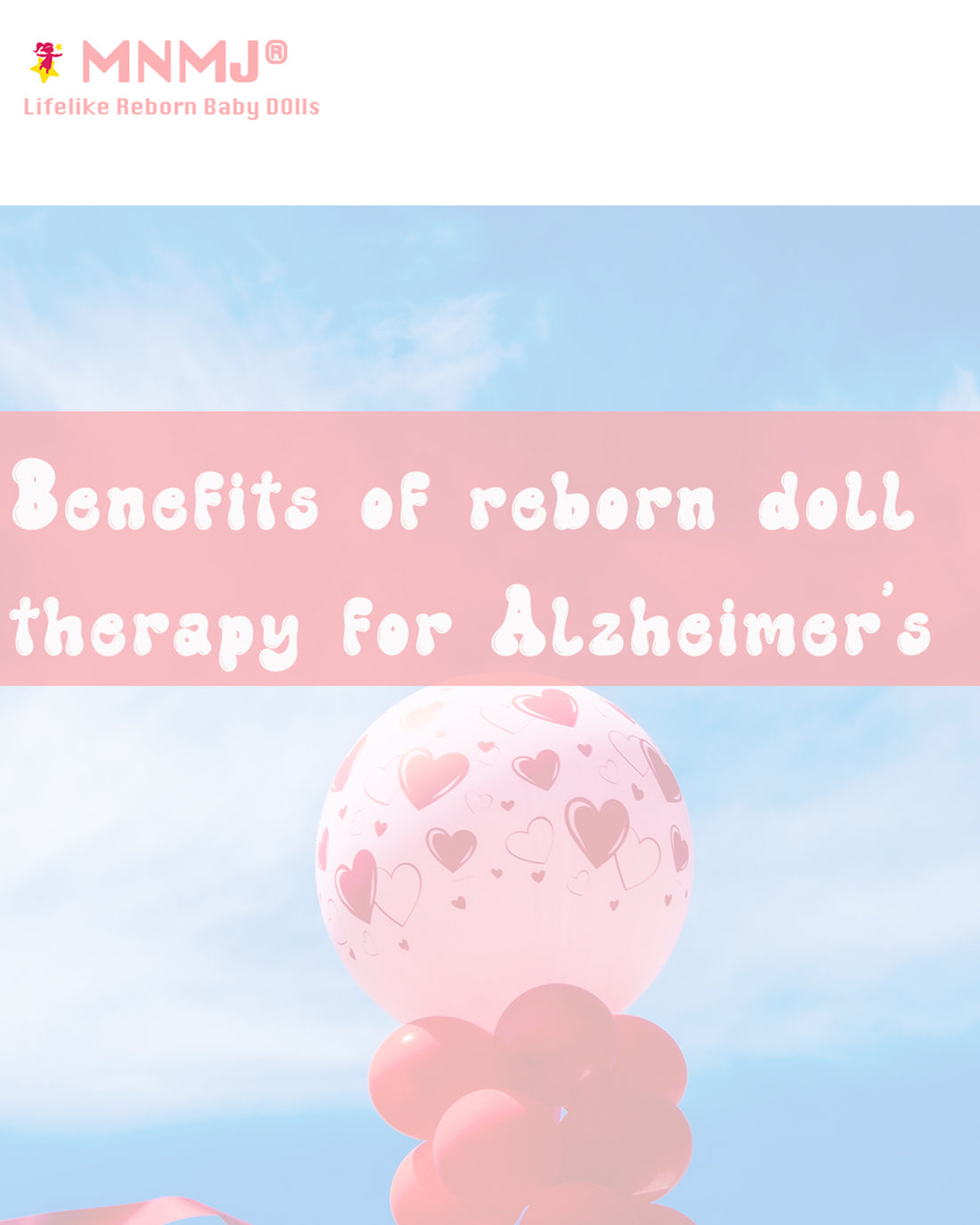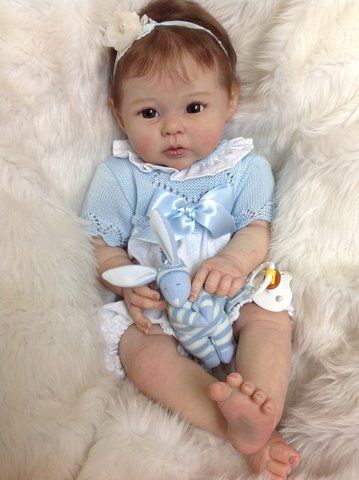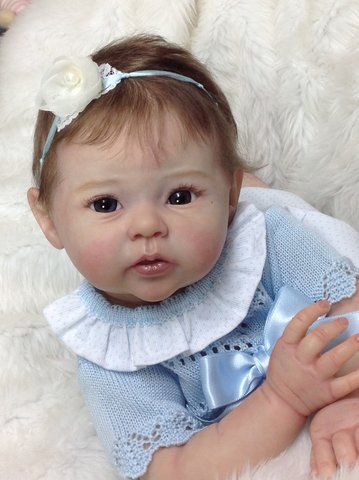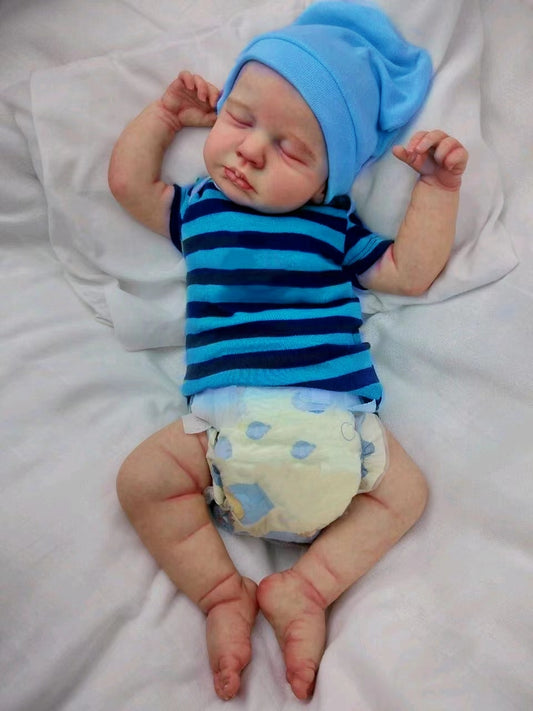- Reduces aggression and anxiety
- Improves communication
- Reduces wandering and agitated behavior
- May reduce or even eliminate the need for certain medications
ALZHEIMER’S DISEASE
anyone who has seen it happen knows that a doll has the power to soothe and comfort people with Alzheimer’s disease. Formal investigation of the effects that dolls can have on people who have Alzheimer’s disease is in the early stages, but talk to caregivers who have participated in doll therapy for dementia and most of them will speak positively about the experience. Dolls have been shown repeatedly to soothe and comfort people with Alzheimer’s.
Doll therapy research
Much of the research involving doll therapy for Alzheimer’s disease has been carried out at Newcastle General Hospital in England and in care facilities in the area of Newcastle. Clinical Psychologist Ian James and nursing specialist Lorna Mackenzie, with others, reported significant improvement in the behavior of nursing home residents with dementia when dolls were introduced to the residents as a choice.
Various studies done by this group, all observing the effect of baby doll therapy on people with dementia, all reached similar conclusions. Using dolls to alter behavior in patients with dementia, Nursing Times VOL: 103, ISSUE: 5, PAGE NO: 36-37, (a British journal, which explains the funny spelling) summed it up like this:The results of the study provide support for the hypotheses that after the introduction of dolls, doll-users showed an increase in positive behaviour and a decrease in negative behaviour and incidents of aggression compared with before the dolls were introduced. These results support previous attitudinal studies, which have reported doll therapy to be an effective approach in reducing negative and challenging behaviours, and promoting more positive behaviours and mood.
These conclusions are in agreement with so much anecdotal evidence reported by caregivers that credit doll therapy for Alzheimer’s with increasing quality of life for people with dementia. Some have even reported that they were able to reduce medications as a direct result of doll therapy.







